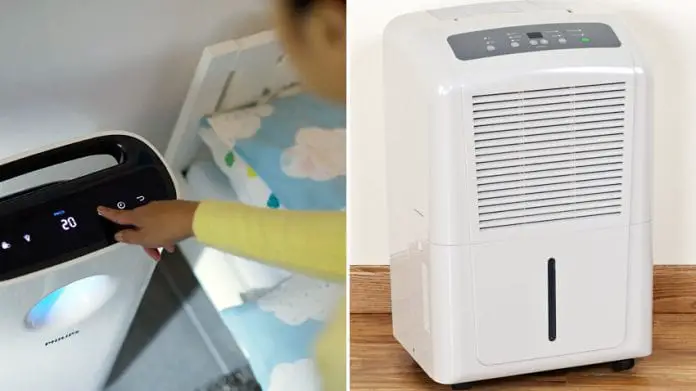Both air purifiers and dehumidifiers’ primary purposes are to reduce indoor allergens, which make them worthy of an investment if you happen to be an allergy sufferer. But are they really the same? Well, no, and here’s some useful information on what you need to know about air purifiers & dehumidifiers.
1) Air Purifiers
- Air purifiers are a type of device specially designed to remove harmful pollutants found in indoor air. It basically works by circulating your home’s air through the air purifier’s internal filters and trapping particles like allergens, bacteria, dust, mould and pet dander. As a result, you will get cleaner and fresher indoor air circulating around your home.

- Air purifiers are particularly useful if you have nasal allergies, asthma or related respiratory issues.
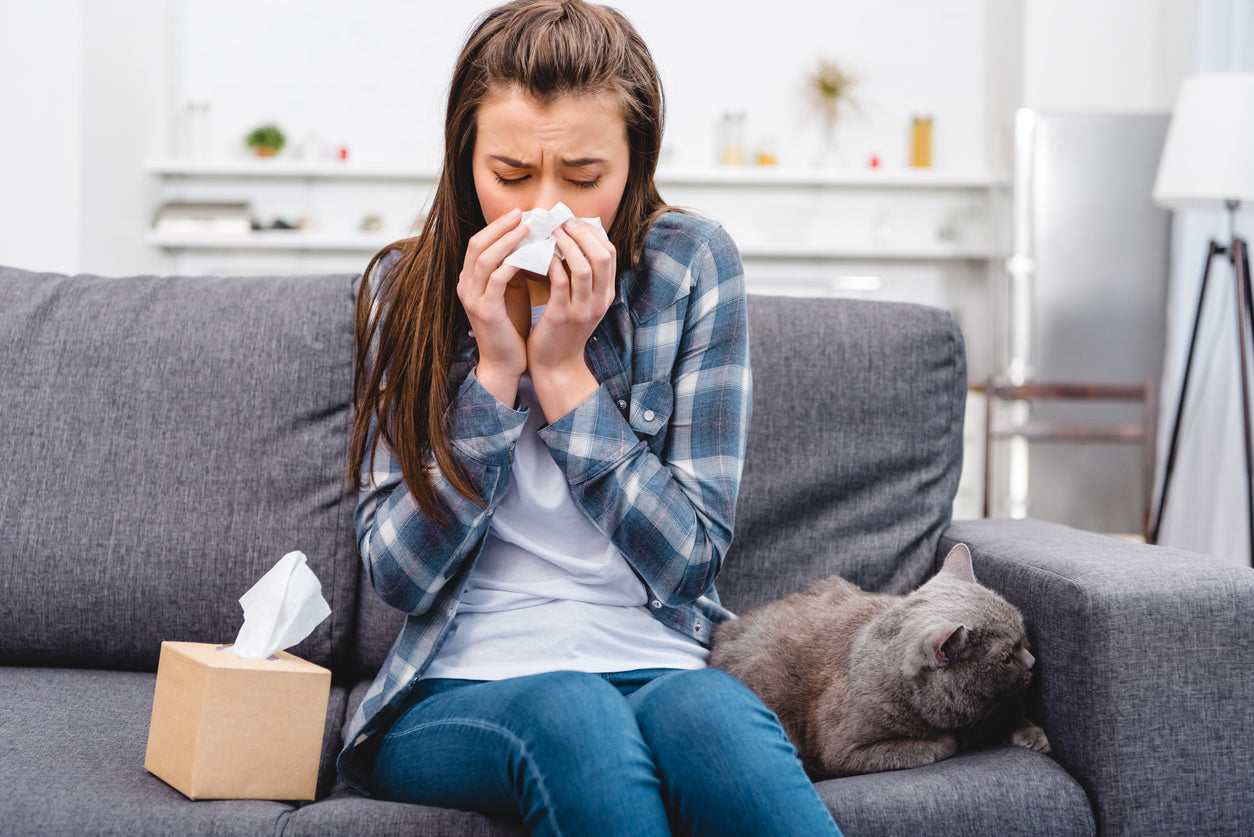
- Most air purifiers come with a HEPA (high-efficiency particulate air) filter, which is able to trap up to 99.97% of airborne particles that are 0.3 microns. Some air purifiers are also equipped with an Activated Carbon Filter, which technically works by filtering the gases through a sheet of activated carbon a.k.a. activated charcoal. They are great for removing the likes of odour, dampness, toxin and musty smells.

- Unfortunately, air purifiers do not control or remove humidity of your home. If humidity is the main culprit responsible for making you sick and causing allergy attack, you might want to consider investing a dehumidifier instead.
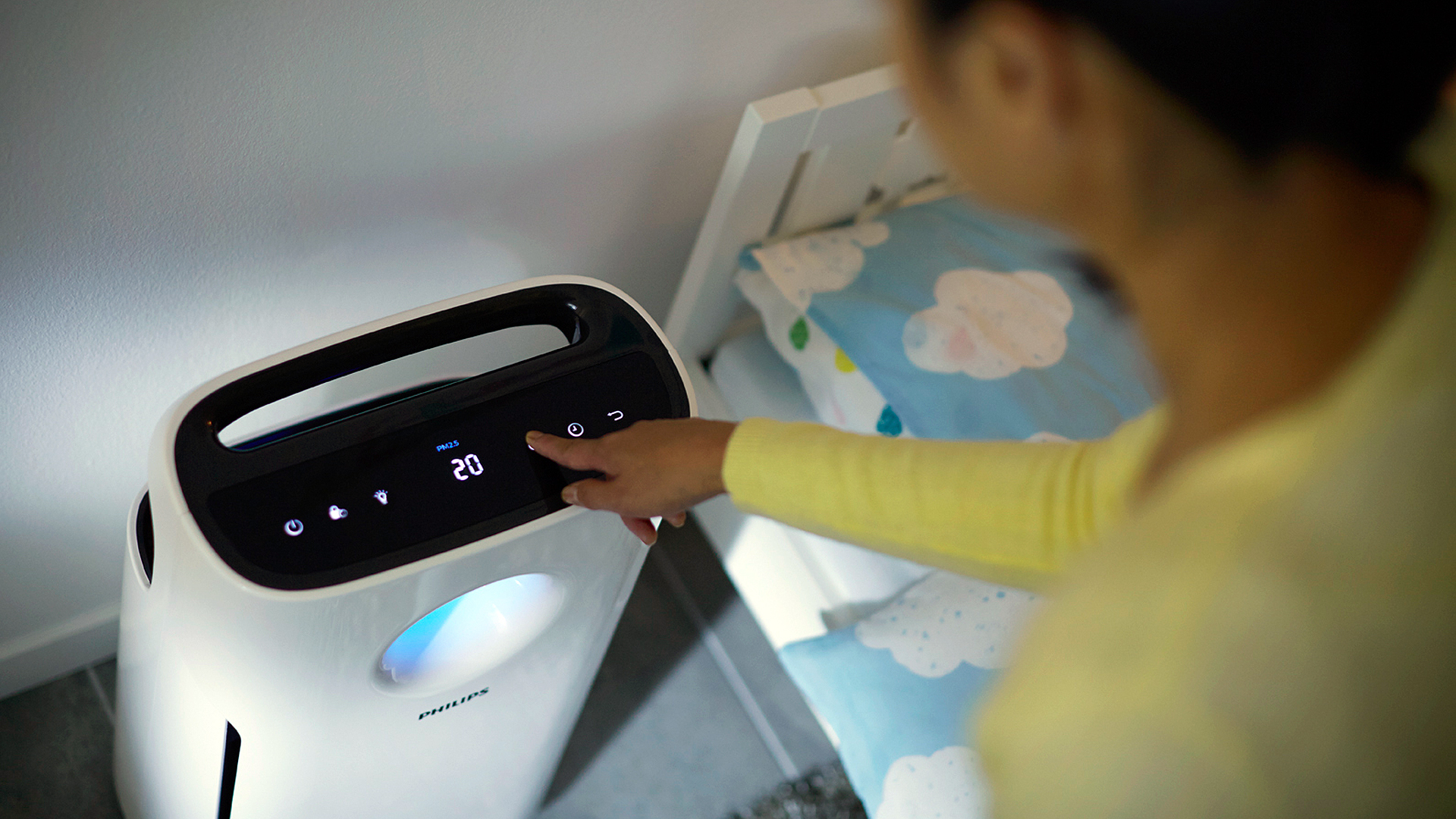
- Depending on the brand, model and your overall budget range, some air purifiers tend to operate noisily. This may keep you awake in the middle of the night if you happen to use an air purifier in your bedroom.
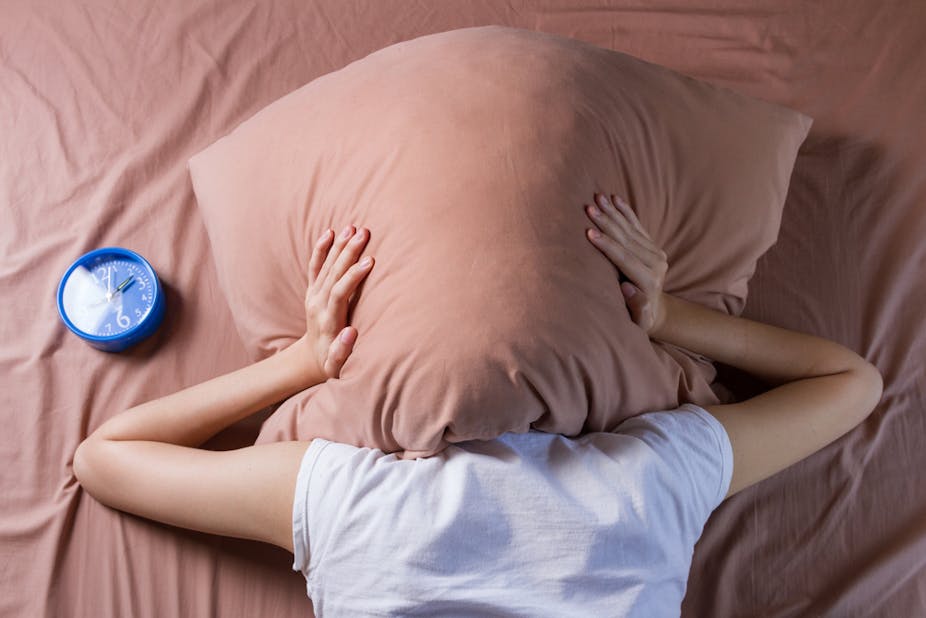
- An air purifier is an expensive investment and can be costly (read: electricity bill) if you plan to run the device on a regular basis.

2) Dehumidifiers
- Humidity can make or break your overall well-being as well as your health condition. Which is why it’s important to ensure your home’s humidity levels to be in the ideal range between 40% and 50%. The best way to measure humidity is to invest in a hygrometer. If your home has a humidity level above 50%, you should consider investing in a dehumidifier, which helps to reduce excess moisture.

- Dehumidifiers are also useful if you want to get rid of dust mites, musty smells as well as preventing mildew and spread of mould spores. They are also worthy of an investment if your room or home has poor ventilation.

- If you have respiratory issues such as nasal congestions, runny noses, frequent sneezings, colds and asthma attacks which are primarily caused by excess moisture in indoor air, a dehumidifier would be an ideal investment.
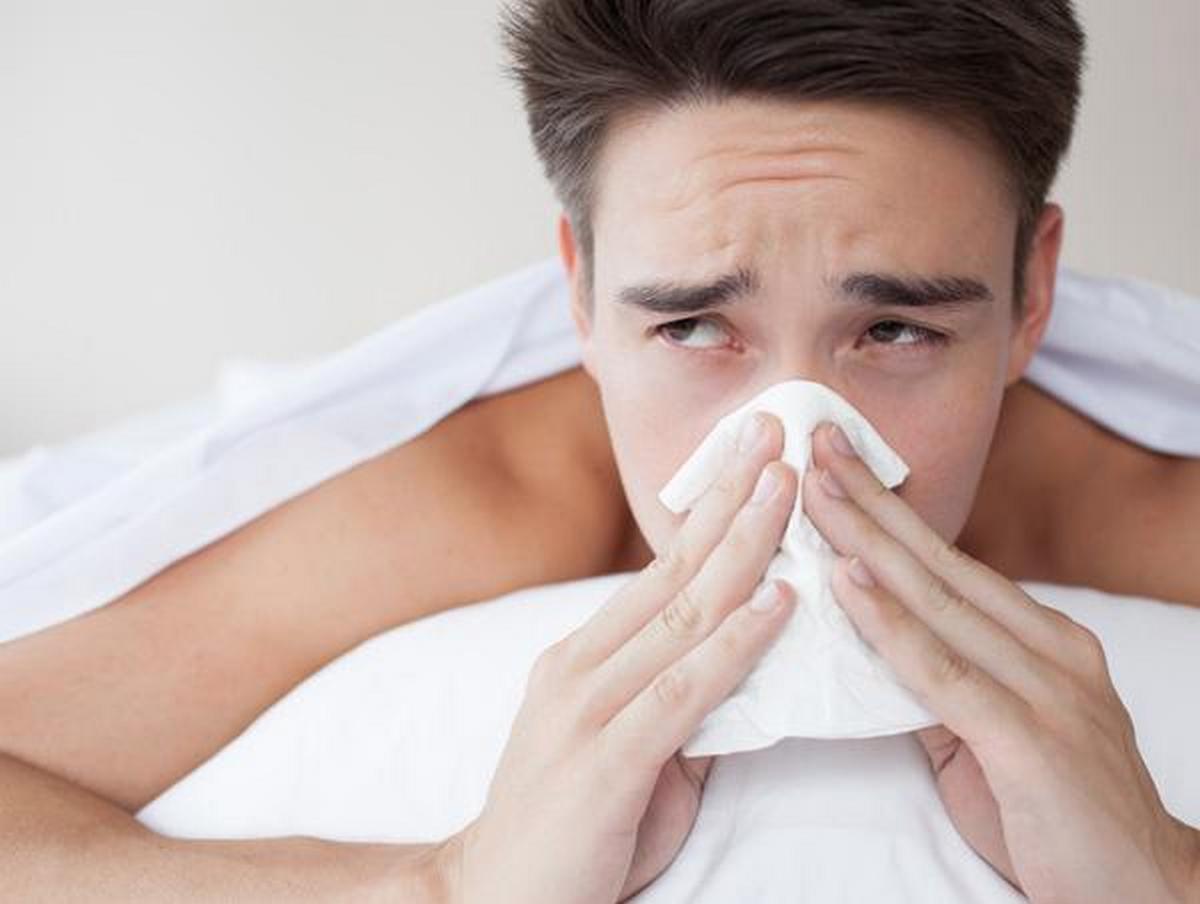
- Dehumidifiers can help dry out damp spaces (such as a basement) and even your wet laundry quicker, particularly if you often hang your clothes indoors after washing.
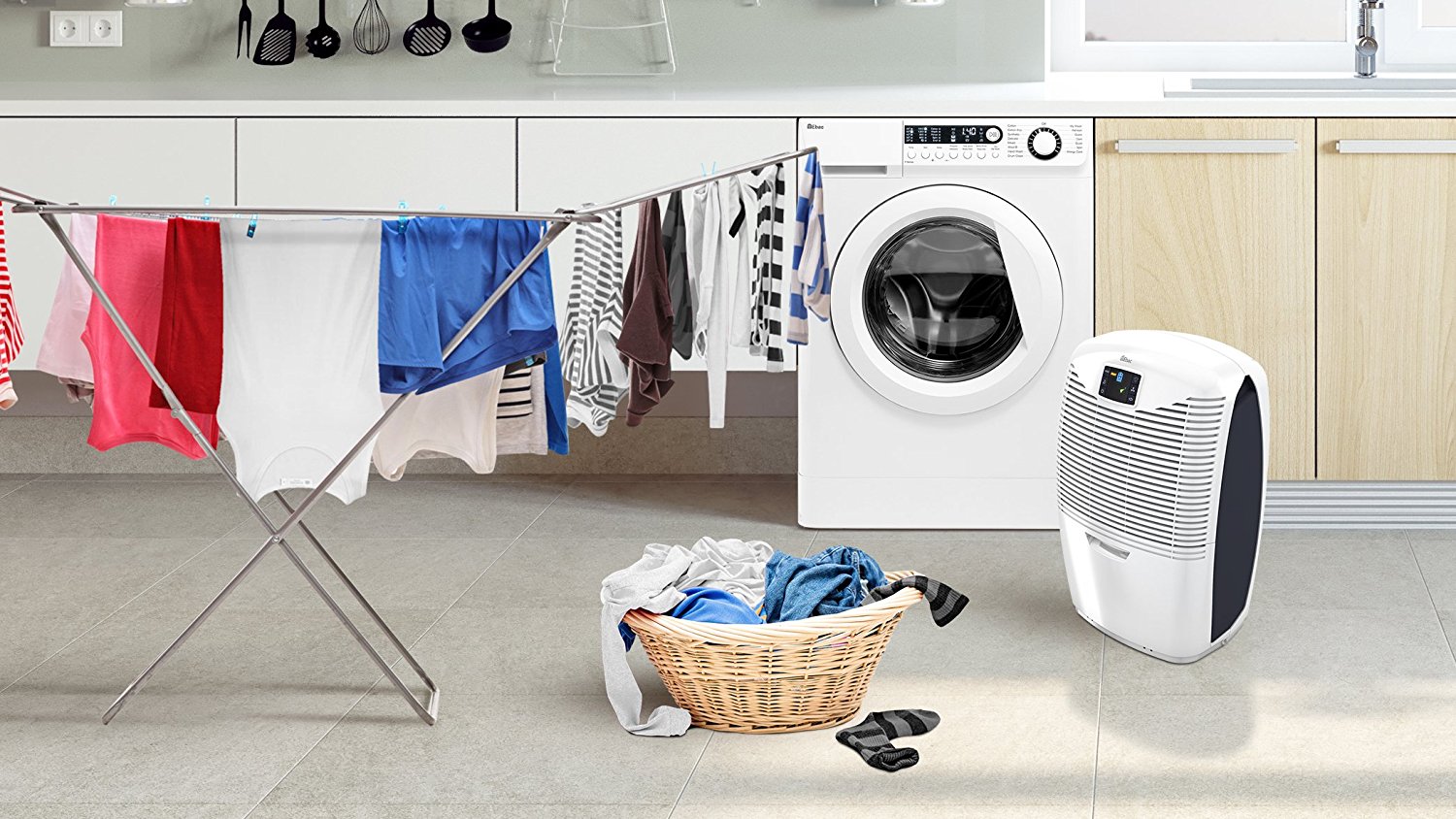
- If you live in a humid climate (yes, Malaysia is one of them), then the idea of buying a dehumidifier would be a sound idea.

- But unlike air purifiers, dehumidifiers do not clean or even filter your home’s air quality. And if your home suffers from water leaks (e.g. burst pipe or roof leaks), a dehumidifier does not do much to help unless you fix or repair the leakage problem beforehand.

- Depending on the brand, model and your overall budget range, some dehumidifiers tend to be noisy as well.



